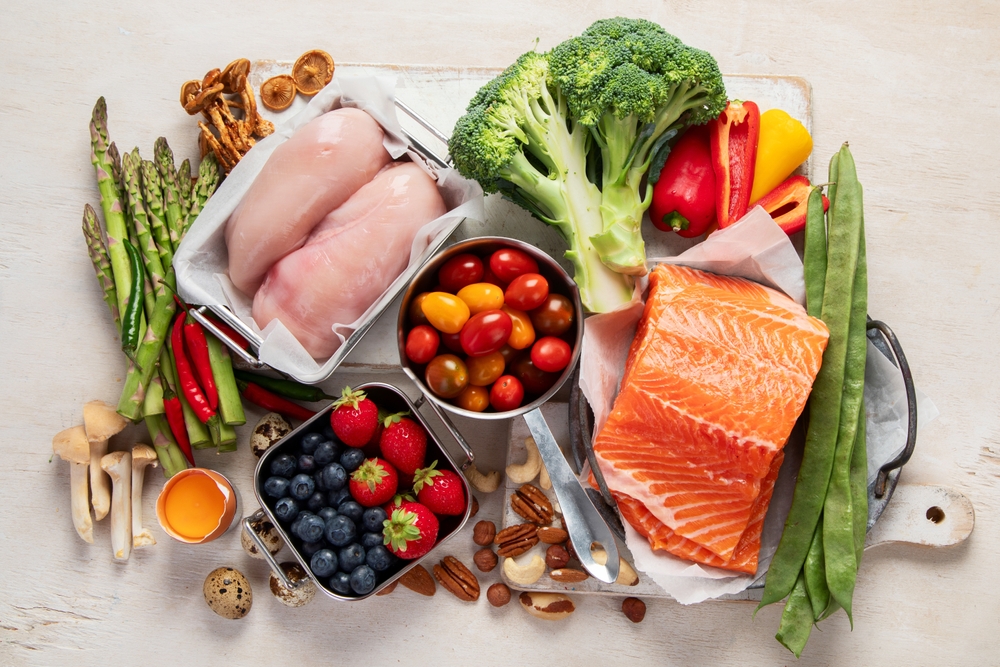PhD candidate Marie-Luise Puhlmann (Microbiology) has no doubts since her PhD trajectory: ‘People must eat more fibres to feed their intestines. Much can be gained in terms of health.’ She will defend her dissertation on the effect of fibres on our intestinal and metabolic health next week.
Puhlmann dreams of a future in which parents no longer tell their children to “eat your vegetables”, but “feed your intestinal bacteria”. Puhlmann: ‘In the latter case, intestinal bacteria produce substances that benefit your health. If you fail to provide your intestines with sufficient fibres, they will consume other things, such as the mucous that lines your intestines or the proteins from undigested food. That only takes you further from your (health) goals.’
Fibrous chicory roots played a key role in Puhlmann’s research. ‘A forgotten vegetable, but since I discovered what the plant looks like, I seem to bump into it everywhere. It looks a little like a cornflower and even grows here near Campus Plaza.’
Thinking in terms of substances
We must go back to the roots, says Puhlmann. ‘Now, when we think about dietary fibres, we think of chemical substances. But we don’t eat individual substances such as insulin. We eat foods that contain dietary fibres, such as chicory. We don’t eat pectin, but apples. No cellulose, but wheat products.’
‘Much research has recently been done on dietary fibres and which intestinal bacteria contribute to the digestion thereof, and how that works. This has taught us that intestinal bacteria use dietary fibres as fuel to produce substances beneficial to our health. That knowledge is useful, but dietary fibres are encapsulated in the cells of fruits, vegetables, and nuts. They become available at a different stage of the digestive process because the intestinal bacteria must first extract them from the plant cells’, Puhlmann explains.
Fibrous products
Studies show that humans benefit more from degradation products that are absorbed in the last part of the intestine. Puhlmann: ‘From that perspective, it is better to consume complete fibrous products because these make their way to the final part of the intestine.’
Puhlmann’s PhD research focused on the effect of dried chicory fibres on the human body. ‘Chicory differs from many other vegetables. The chicory root contains inulin, which remains intact until it reaches the colon. It is really food for the bacteria in the colon. Test subjects showed more stable blood sugar levels and improved bowel movement.’
Varied
So, must we all start eating chicory now? Puhlmann: ‘We all benefit from a varied diet. Not many plants contain inulin, which is a beneficial substance. If every person in the Netherlands were to eat a different kind of vegetable as part of their bread lunch, significant health benefits could be achieved. The same applies if our vegetable intake at dinner were to increase by half. I cannot stress it enough: eat fibres and feed your gut.’

 Chicory root. Photo Shutterstock
Chicory root. Photo Shutterstock 

